
Importancia de la Inteligencia Artificial para mejorar el diagnóstico de la infertilidad masculina
Estamos emocionados de compartir contigo otra publicación internacional de Citmer Medicina Reproductiva. En este artículo,
Preimplantation genetic test is performed to avoid the transfer of embryos with any pathology.
Our specialists have the most experience in the country in pre-implantation genetic testing in embryos with only 5 days of In Vitro development, allowing to keep intact the embryo's chances of implantation and birth.
Preimplantation genetic testing or PGT detects some genetic abnormalities and supports:
It consists of a pre-implantation genetic test combined with In Vitro Fertilization (IVF) treatment.
These embryos are analyzed in the laboratory to ensure that they are free of chromosomal or genetic problems and to determine the sex of each embryo. Finally, only those healthy embryos are transferred.
No, like any other procedure, it has indications and contraindications and must be considered within the context of the patient's history.
The PGT test identifies chromosomally abnormal embryos with almost 100% accuracy. However, the rate of false positives (normal embryos misdiagnosed as abnormal) is unknown. According to some publications, it can go as high as 30% and varies between different testing labs.
Not necessarily, the cause of the miscarriage can be traumatic. A point to keep in mind is that in younger patients typically only about half of all miscarriages are due to chromosomal errors in the embryos. On the other hand, patients of advanced reproductive age may simply not have enough embryos to justify extensive embryo cultivation and embryo biopsy.

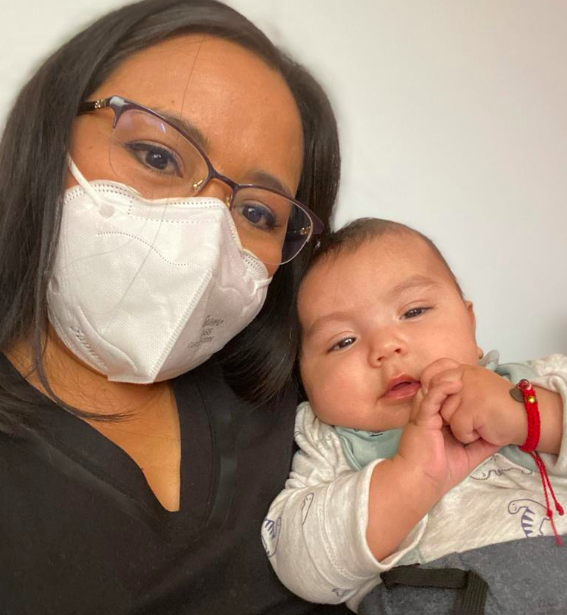

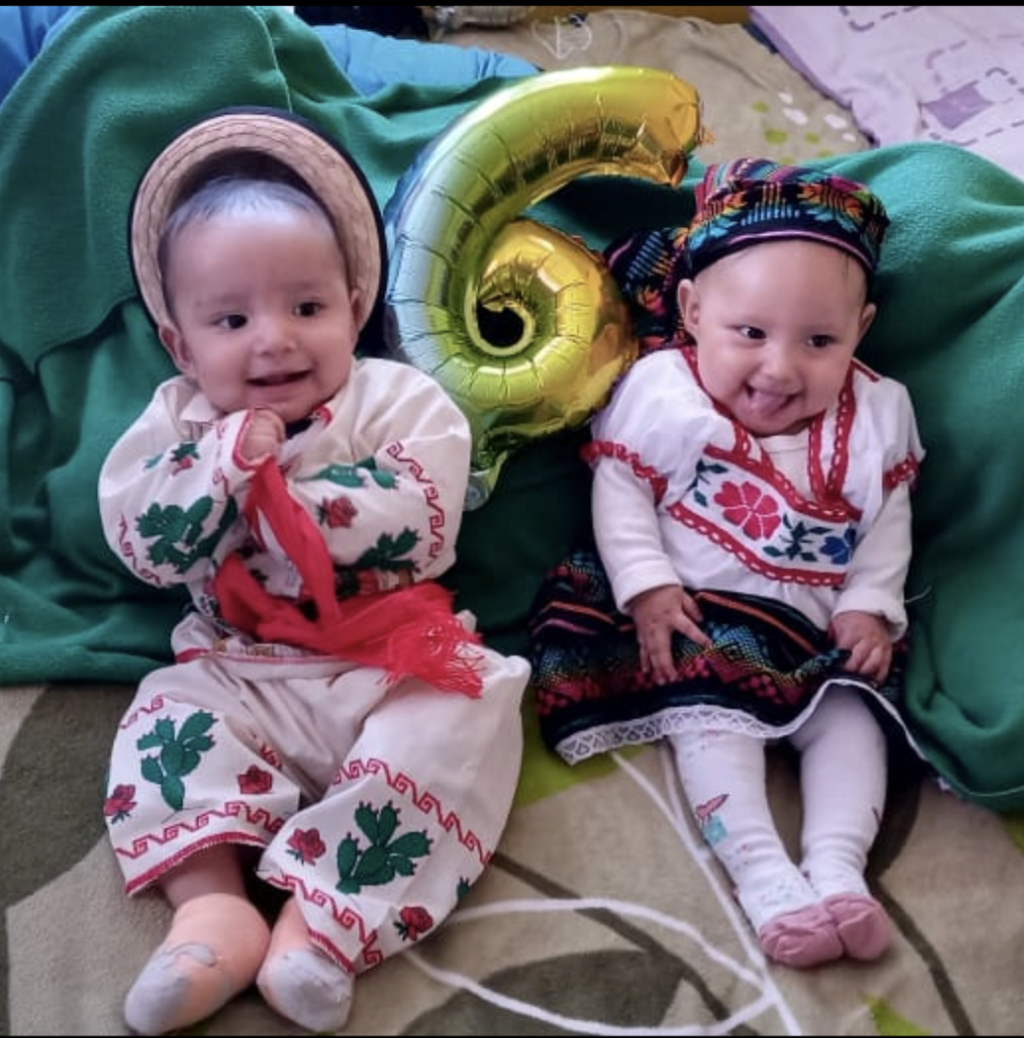
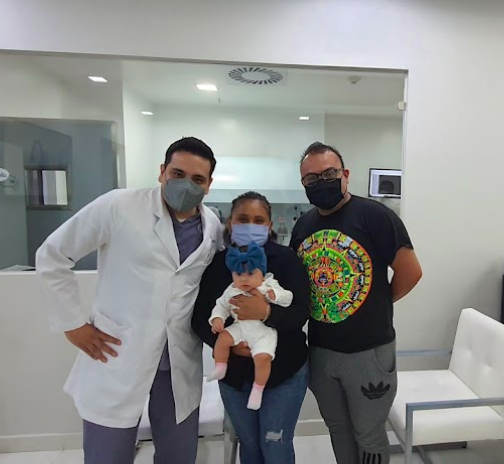

Estamos emocionados de compartir contigo otra publicación internacional de Citmer Medicina Reproductiva. En este artículo,
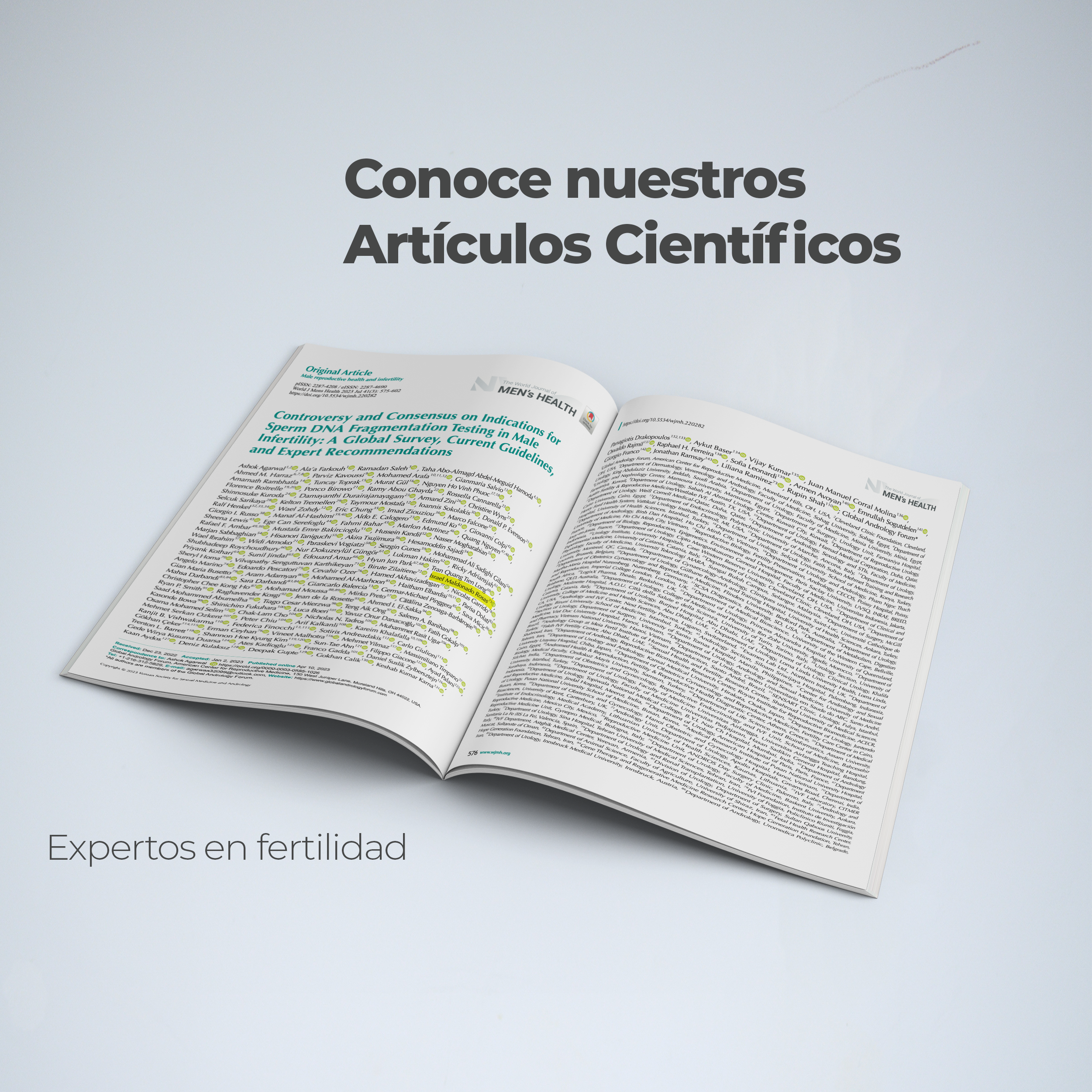
La fertilidad es un tema importante para muchas parejas que desean tener hijos. Sin embargo,
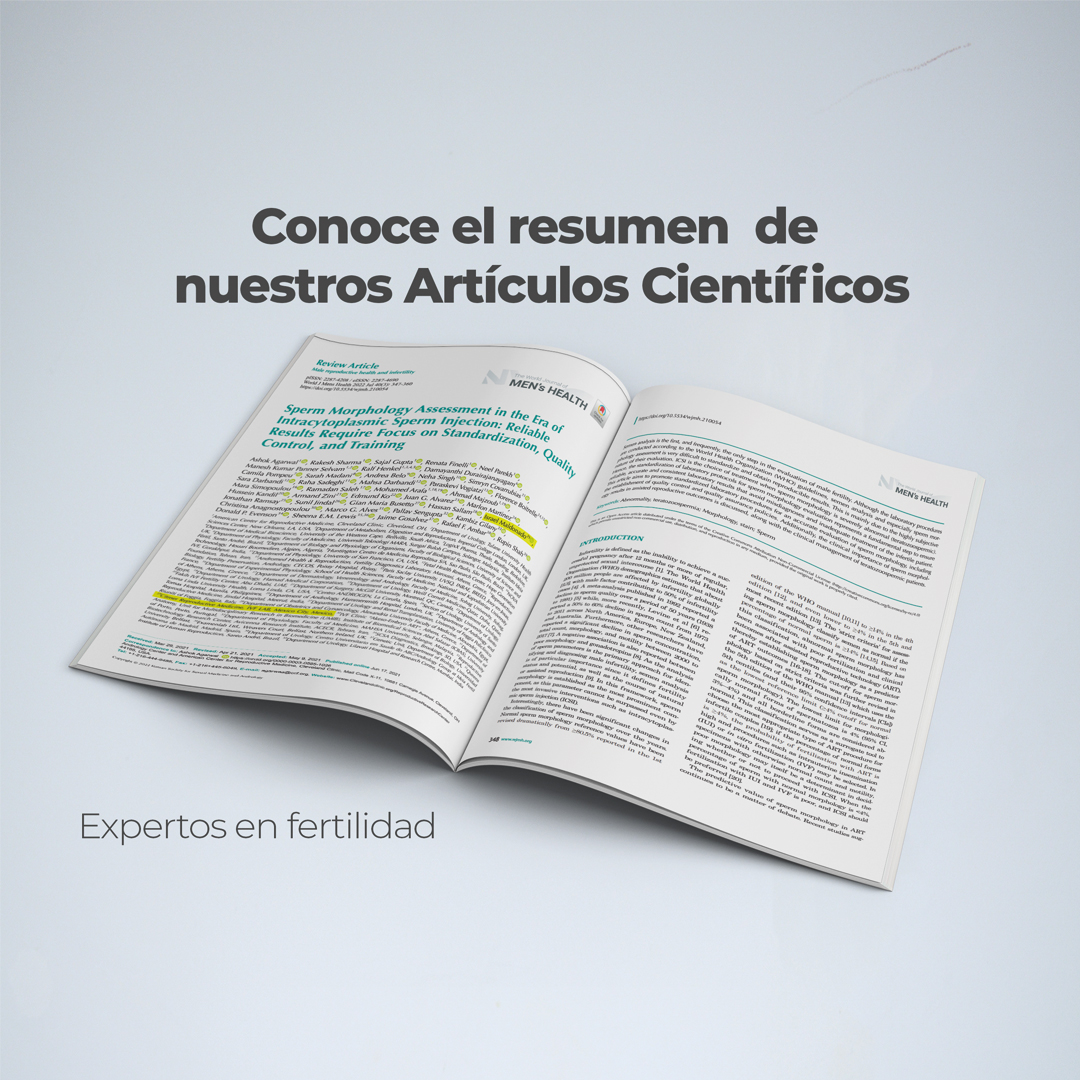
En el emocionante campo de la reproducción asistida, la técnica de inyección intracitoplasmática de espermatozoides

Gracias al trabajo de nuestros científicos somos capaces de tratar con las mejores prácticas médicas
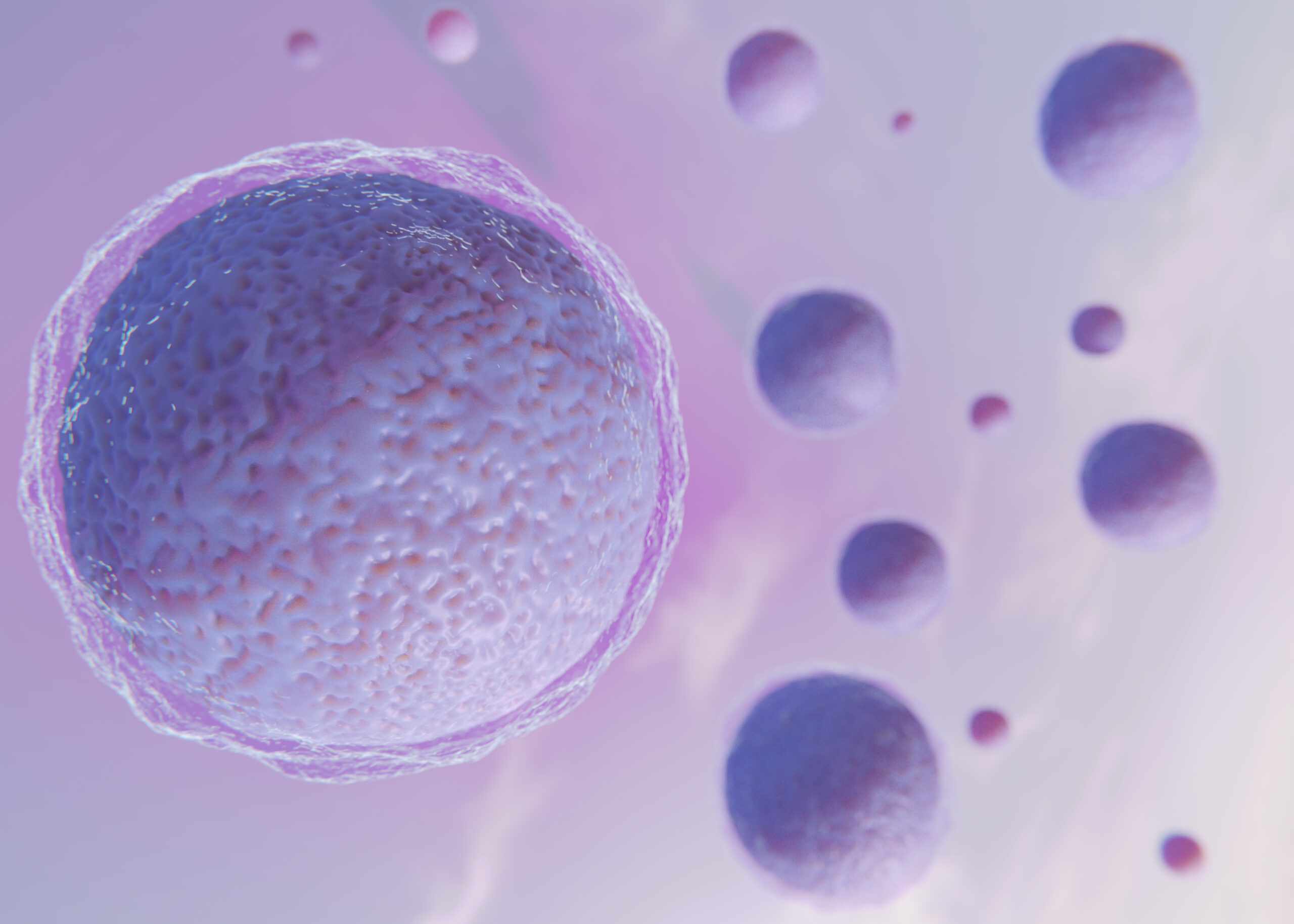
Fertility preservation is a set of techniques used with the
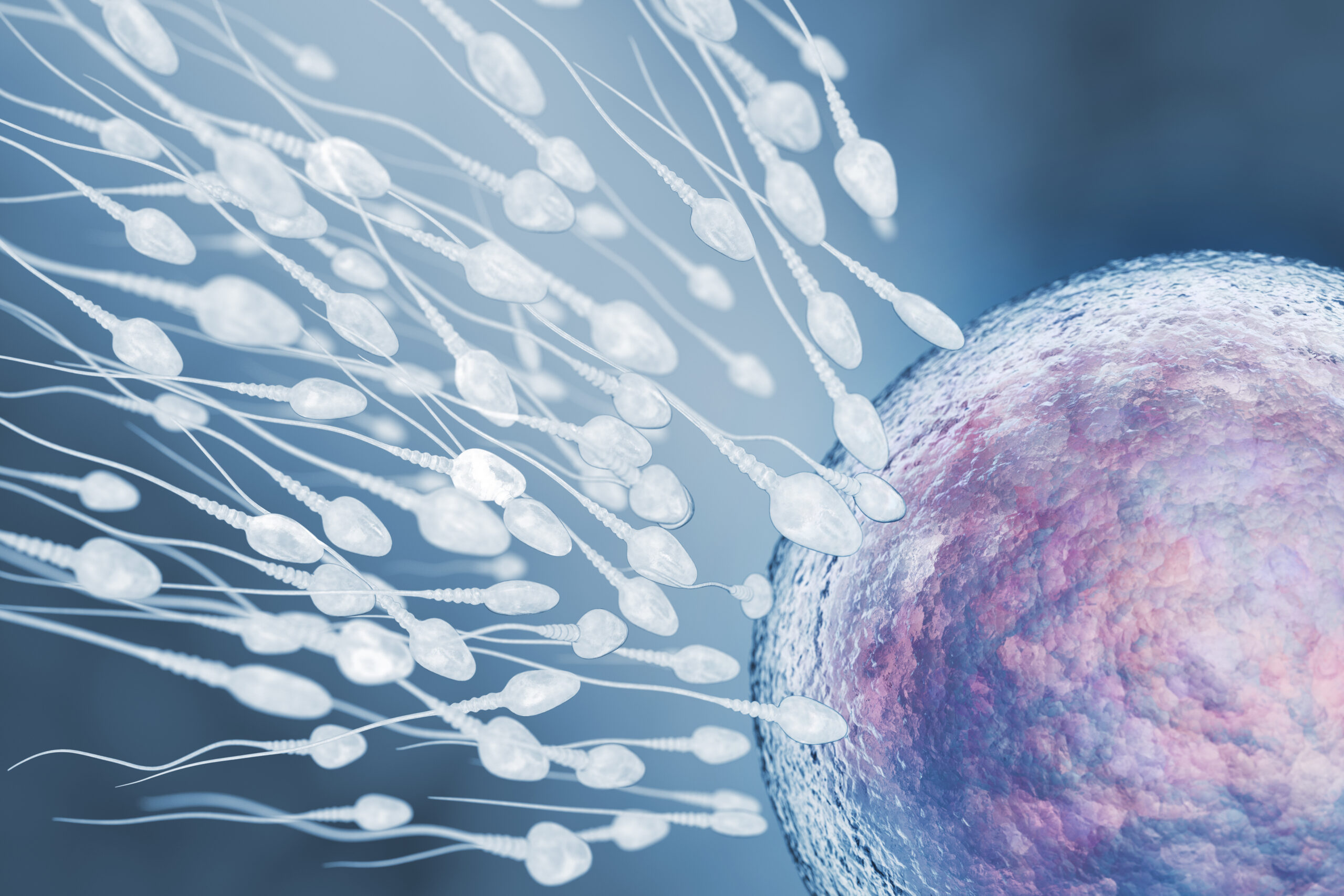
The quality of a woman's eggs is the main factor in achieving a


The breasts are the organs with the highest risk of suffering from a neoplasm in women.